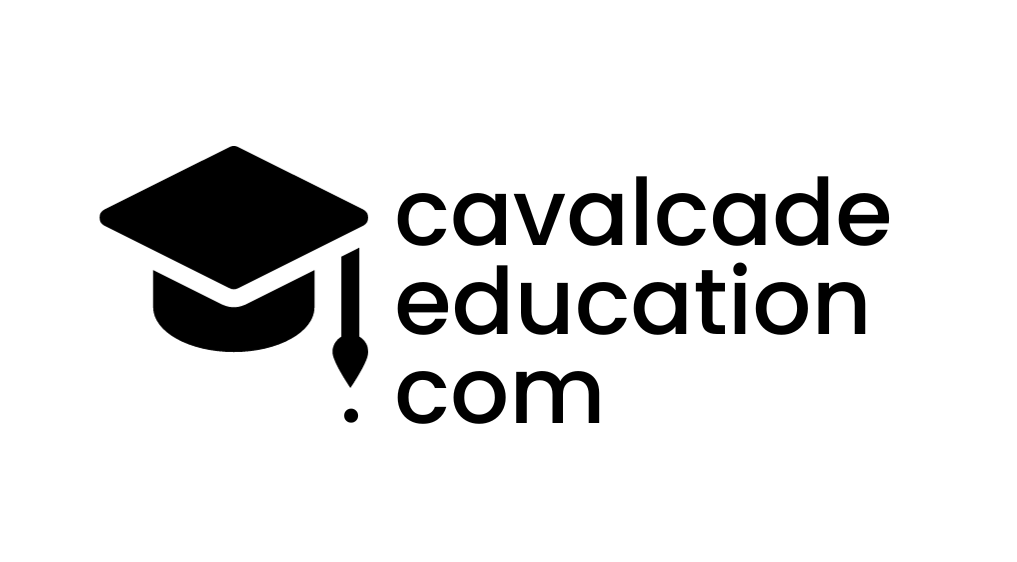Resources for Equine Veterinarians
Equine Sports Medicine
Dr. Jesse Tyma is a surgeon at Rhinebeck Equine and her clinical interests include gastrointestinal and soft tissue surgery, wound management, sports medicine, and back disorders.
Her talk offers valuable insights into the surgical treatment of back pain in horses, emphasizing the importance of appropriate case selection and ongoing rehabilitation.
Dr. Julie Settlage is a professional services veterinarian with vast experience in equine sports medicine.
She provides valuable information for horse owners and veterinarians seeking to improve the joint health and well-being of their animals. By understanding the benefits and limitations of different treatments and supplements, they can make informed decisions that lead to better outcomes for their horses. Dr. Julie's expertise and passion for equine joint health make her a valuable resource for anyone seeking to improve their animals' joint health.
Endocrine Disorders
Join us for a discussion about equine endocrine disorders such as PPID, insulin dysregulation, and thyroid disease. We’ll focus is on insulin dysregulation, which is a common endocrine disorder in horses and a risk factor for laminitis. We’ll also discuss equine metabolic syndrome (EMS) (a collection of risk factors for laminitis caused by endocrine disease) and the latest guidelines from the Equine Endocrinology Group. Finally, we’ll review diagnostic testing for PPID and thyroid disease. Proper management of these disorders is crucial to prevent the risk of laminitis and other complications.
Equine Dentistry
Equine dentistry is a crucial aspect of horse health! In this video we discuss equine dentistry in detail and provides tips and tricks for practitioners.
We cover a range of important topics, including the equipment that is necessary for performing a complete oral exam. For example, we discuss the importance of using lights, oral speculums, and endoscopes, and explain how to get the horse into an appropriate plane of sedation to facilitate the exam.
Additionally, we cover speculum options and head suspension, and provide recommendations for equipment brands.
Equine Allergies
Listen to experts talk about innovations in equine asthma! We explain in detail the various terminologies associated with asthma, the reasons why horses get it, and how to diagnose it correctly. We also emphasize the importance of environmental factors in the treatment of equine asthma, and provide valuable insights into the actual pharmacologic treatments available, such as steroids and bronchodilators.
Among may other things you’ll learn about how veterinarians hear from horse owners about a wide range of symptoms, from coughing to performance-related issues, and how the term "asthma" is more relevant and gets more research funding than previous terminology because the term "asthma" is more commonly understood by the general public and horse owners, leading to a greater chance of early detection and intervention.
Equine Endometritis
This is an excellent overview of endometritis and its different forms, including acute versus chronic endometritis, clinical and subclinical, and infectious and non-infectious. We’ll highlight the importance of considering the history and clinical signs of a mare when deciding whether to culture.
We’ll emphasize the need to culture mares only when there is a reason to do so and provide guidance on the questions to ask when evaluating intrauterine fluid, which is crucial in determining whether to culture or not.
Finally, we’ll discuss when to culture mares, such as at the end or beginning of the season, and whether it is okay to culture them in anesthesia or transition.
There’s No Eye In Team
Watch Alison Clode, D.V.M, Diplomate ACVO provide a detailed and informative guide on how to perform an opto exam on horses.
She’ll discuss how to block motor cap sensation with a palpebral nerve block and a frontal block, which is crucial in determining the presence of any tear film deficiencies. Dr. Clode also discusses the clinical signs to look for in horses with such deficiencies, such as ocular discharge or redness.
In addition to these techniques, Dr. Clode provides valuable insights on the use of sedation during opto exams. She highlights the situations where it may be necessary to achieve a more thorough examination of the eye, such as when dealing with a particularly anxious horse or when examining an area that is difficult to reach. The speaker also provides tips on how to properly administer sedation to ensure the safety of both the horse and the practitioner.
Furthermore, the video covers a variety of tools that can be used during an opto exam.
How to manage penetrating wounds in the field
How to manage penetrating wounds in the field
With Dr. Jim Nutt, VMD, Diplomate ACVS of Rhinebeck Equine Veterinary Clinic
Dr. Nutt discusses cases, strategies, and outcomes of horses who have sustained penetrating wounds in the field.
Equine Parasite Control: A Can of Worms
Featuring: Dr. Martin Nielsen
Dr. Martin Nielson, DVM, PhD, DEVPC, DACVM provides the latest updates on the best approach to parasite control on your patients.
EPM: Navigating diagnostic and treatment challenges
EATS February 2021
Featuring: Dr. Courtney Pope
Dr. Pope goes into detail on EPM and shares her experience and expertise.
The Equine Ovary
Differentiating the normal from abnormal
Featuring: Dr. Alana King
Dr. King discusses interpreting behavior, exam findings, hormone panels, and how hormone treatment and ovariectomy can affect behavior in mares from all walks of life.










